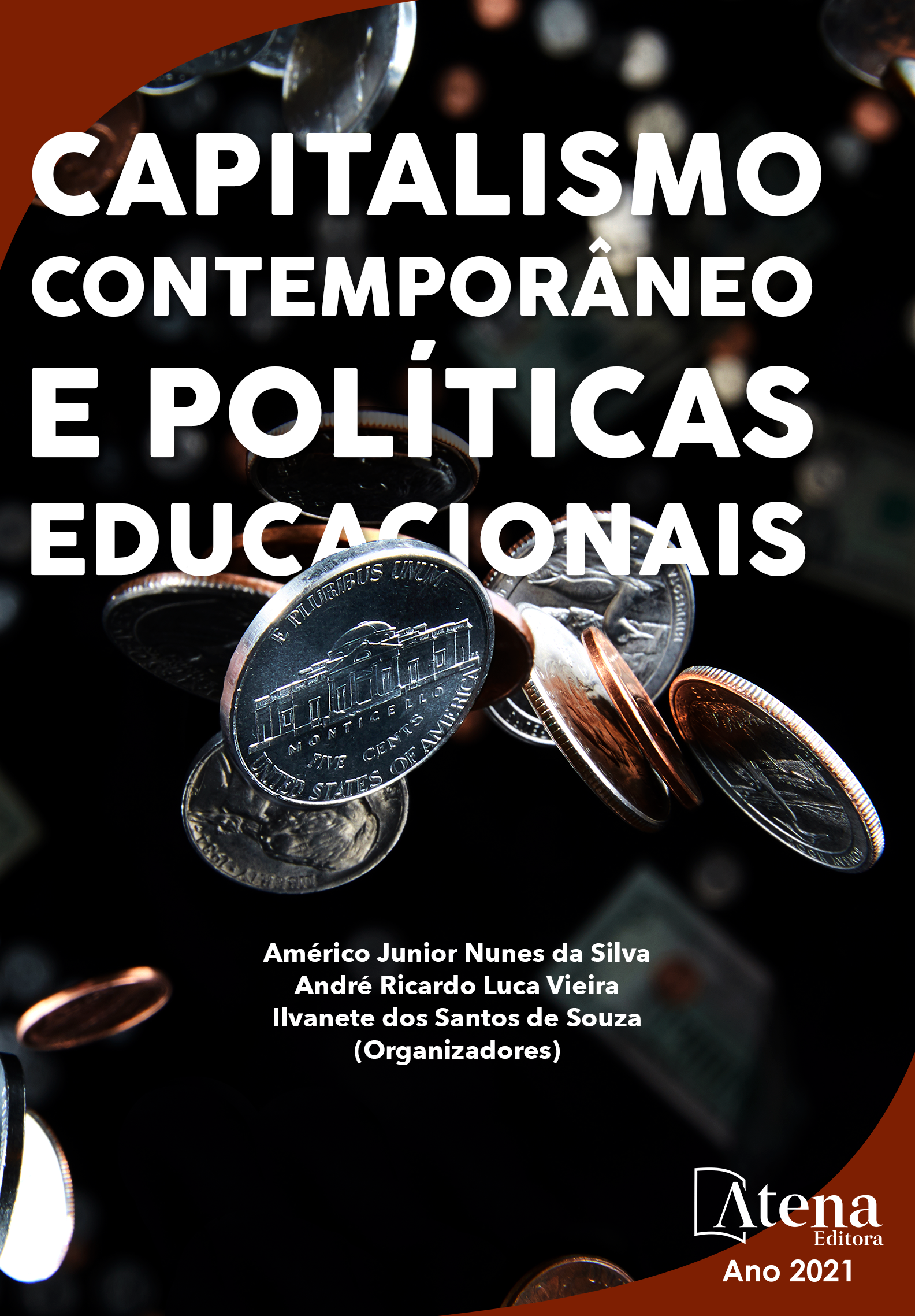
A DECOLONIALIDADE NO CURRÍCULO MÍNIMO DE SOCIOLOGIA DO ESTADO DO RIO DE JANEIRO
A educação ocupa um papel central no processo de
reconhecimento cultural dos povos. No entanto, no Brasil, desde a escola até
a academia nos deparamos com um ensino majoritariamente eurocentrado,
que narra os fatos sob a perspectiva do colonizador. Tendo em vista a
maneira recorrente como o poder do colonizador invade e submete o
imaginário do colonizado, o presente trabalho tem como objetivo analisar de
forma crítica o Currículo Mínimo de Sociologia do estado do Rio de Janeiro,
verificando a presença de conteúdos que promovam a representatividade
étnica, racial e cultural dos povos colonizados no Brasil, buscando, assim,
saber se ele pode ser considerado um currículo multicultural. Para isso, as
teorias do currículo e temáticas étnico-raciais e culturais vigentes nas leis nº
10.639/03 e nº 11.645/08 foram as bases para posteriormente realizar a
análise do currículo. Foi possível observar que o documento curricular não
corresponde de forma positiva no que diz respeito à abordagem pós-crítica
do currículo, à teoria decolonial e ao multiculturalismo intercultural.
A DECOLONIALIDADE NO CURRÍCULO MÍNIMO DE SOCIOLOGIA DO ESTADO DO RIO DE JANEIRO
-
DOI: 10.22533/at.ed.67821110620
-
Palavras-chave: Currículo, Decolonialidade, Sociologia, Multiculturalismo.
-
Keywords: Curriculum, Decoloniality, Sociology, Multiculturalism.
-
Abstract:
Education plays a central role in the process of cultural
recognition of people. However, in Brazil, from school to the academy we
come across a mostly euro-centered teaching, which narrates the facts from a
colonizer's perspective. Given the recurring way in which the power of the
colonizer invades and submits the imaginary of the colonized, this paper aims
to critically analyze the Minimum Curriculum of Sociology of the state of Rio
de Janeiro, checking the presence of contents that promotes positive
representation of ethnic, racial and cultural backgrounds of colonized people
in Brazil, and thus seeking to know if it can be considered a multicultural
curriculum. For this, we proceeded to a study of the curriculum theories, then
a selection of the ethnic-racial and cultural themes prevailing in the Brazilian
laws 10.639/03 and 11.645/08 to later analyze the document itself. It was
observed that the document does not correspond positively with respect to
the post-critical approach of the curriculum, decolonial theory and critical
multiculturalism. -
Número de páginas: 16
- Vitória Marinho Wermelinger


